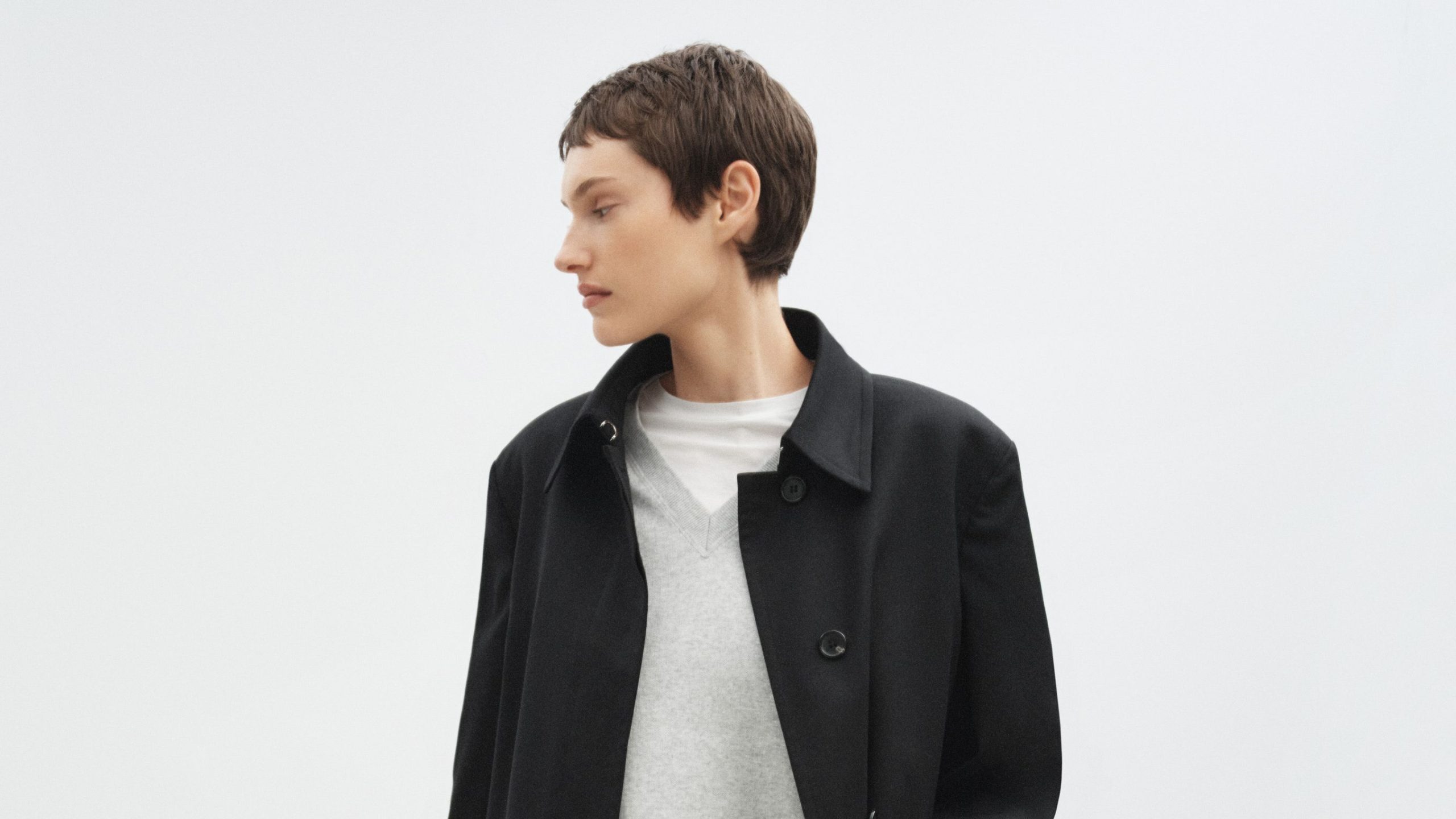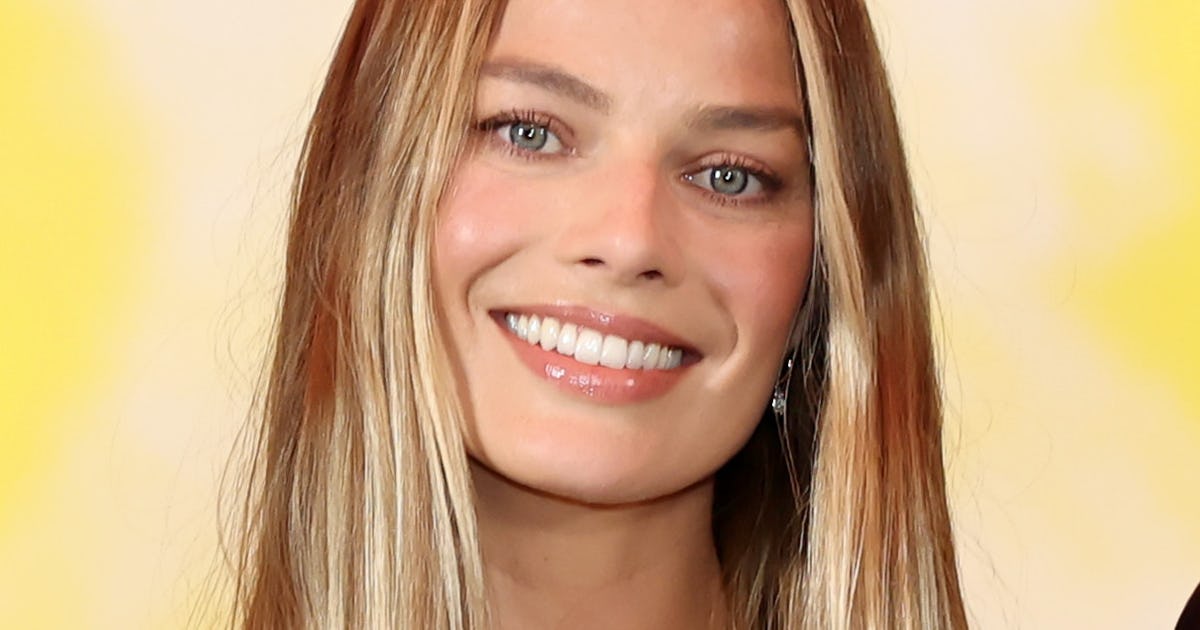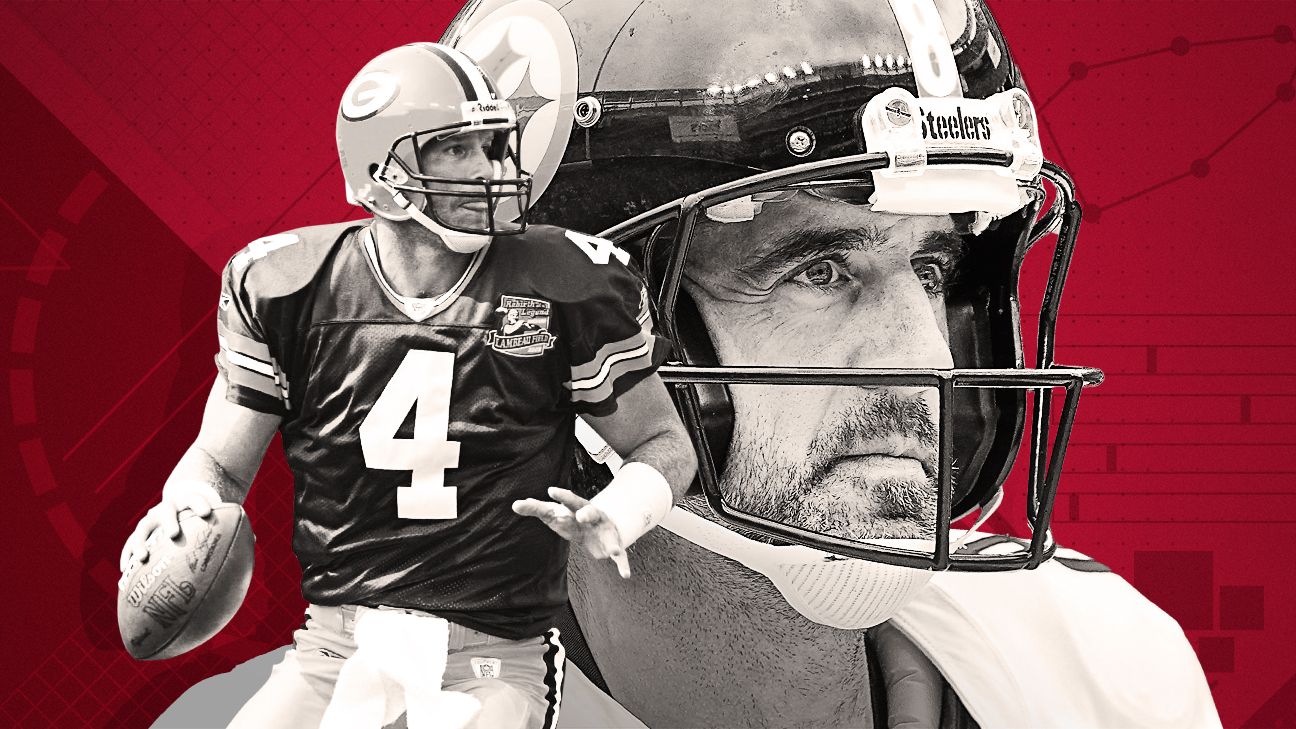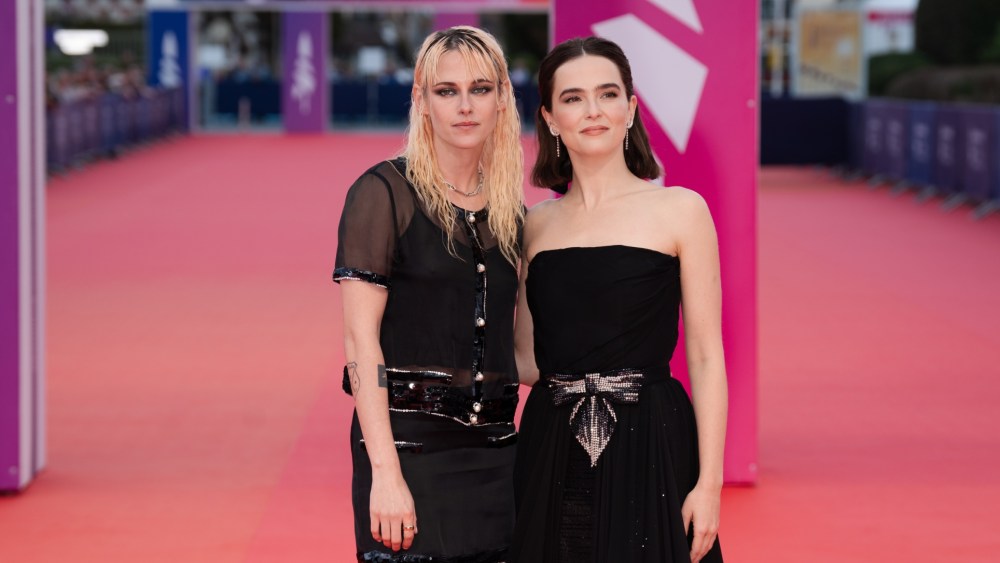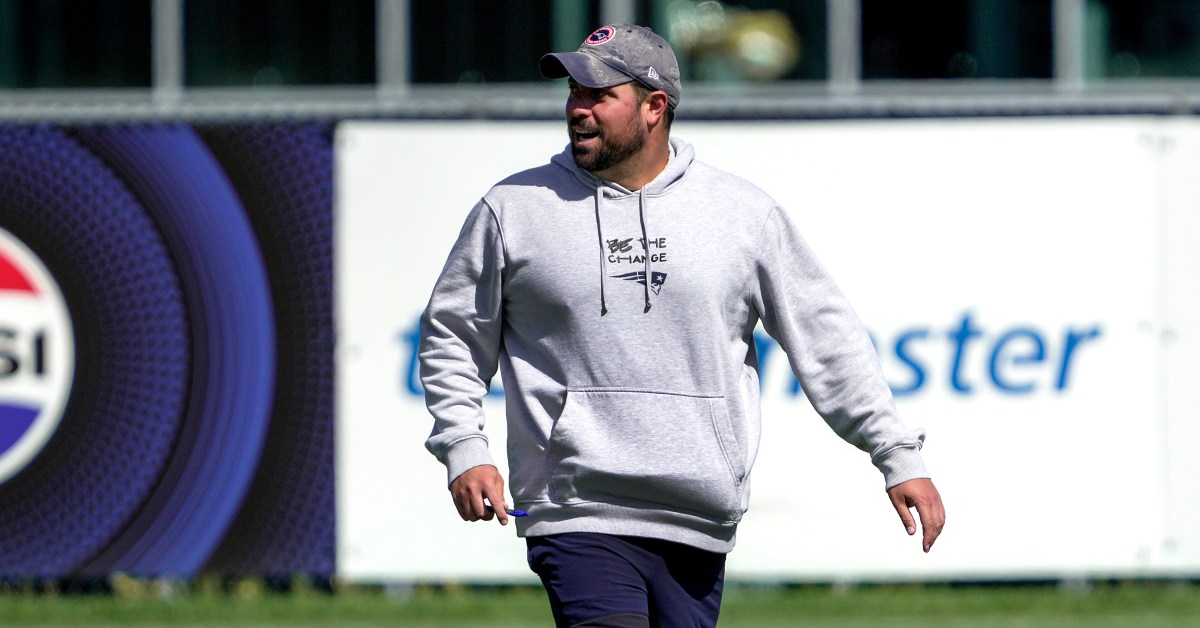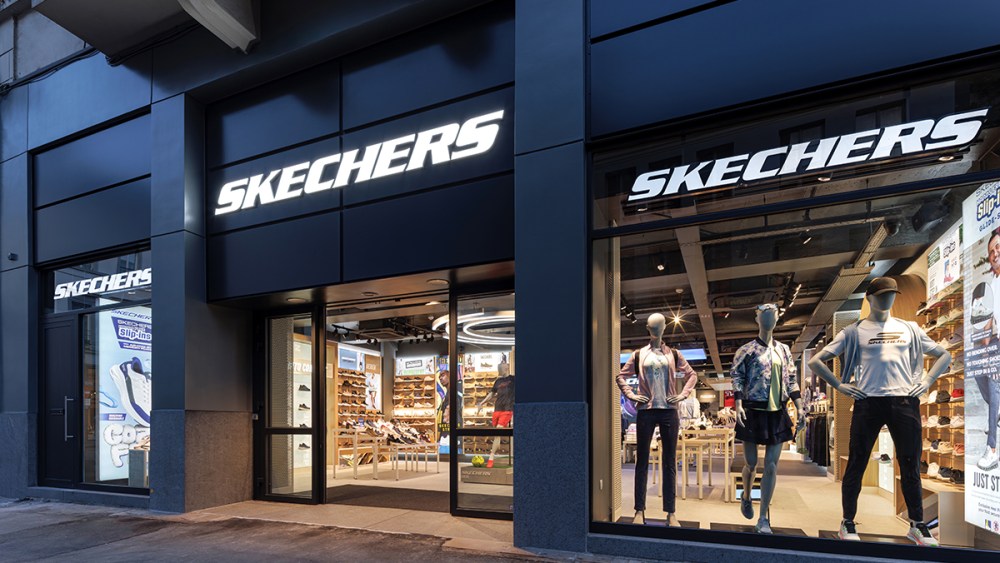
Merger mania is afoot as FN marks its 80th anniversary.
In the last month alone, two blockbuster deals were struck — right in the middle of President Donald Trump’s trade war. First, Skechers engineered the biggest buyout in history with its $9 billion go-private deal with 3G Capital. And just days later, Dick’s shook up the athletic landscape with its move to buy rival Foot Locker for $2.4 billion. (Both acquisitions are expected to close in the second half.)
Strategic buyers like Dick’s remain active participants in the M&A game, buying and selling companies to tweak their portfolio as consumer spending habits evolve. And when the winds change, it’s not unusual to see a brand go back on the auction block.
Gaining greater competitive traction are the brand management firms — like powerhouse Authentic Brands Group — which buy the intellectual property (IP), ink deals for licensing opportunities and then work with an operator to handle the day-to-day operations. The frenetic activity in the brand management space comes as many private equity firms — who have long been active in the fashion and footwear sector — are selling their stakes as they hit the end of their holding periods.
The start of 2025 ushered in noticeable M&A activity on the luxury footwear front, with Caleres inking a steal of a deal at $105 million to acquire Stuart Weitzman from Tapestry Inc., which acquired the brand in 2015 from private equity firm Sycamore Partners in a $574 million deal.
“Stuart Weitzman will be a lead brand for Caleres, and with this combination, the segment will generate nearly half of our total revenue and will continue to generate over half of our operating profit,” Caleres president and chief executive officer Jay Schmidt said.
Caleres — which also owns Sam Edelman, Allen Edmonds, Vionic, Naturalizer and Famous Footwear, among other names — is no stranger to dealmaking. Under its previous name, Brown Shoe Co., it was one of the most highly acquisitive firms during FN’s first decade beginning in the mid-1940s, along with U.S. Shoe Corp. and General Shoe Corp. (now Genesco).
The competitive battle for smaller players continued into the early 1960s until antitrust laws curtailed the acquisitive sprees. Also putting a damper on dealmaking was Brown’s 1962 U.S. Supreme Court loss that resulted in it having to divest its Kinney Shoe Corp., which it had purchased in 1955.
FN reported that non-footwear firms began to take an interest in shoe players in the 1960s, marking a major turning point in the industry. “American shoe manufacturing, long regarded as the backwater of American business, requiring special management skills, was inundated last year with a rush of new money from outside companies, seeking to diversify,” FN reported in 1968.
Merger activity, which slowed during the 1970s, picked up in the ’80s, with FN reporting that “athletic players burst onto the scene in a big way.” One of the surprise deals in 1986 was Reebok’s purchase of Rockport Co. for $118 million. In FN’s 1987 year-end issue, top execs predicted the craze would continue.
In the next decade, the once-acquisitive U.S. Shoe Corp. was itself bought by Luxottica in 1995 for $1.35 billion. FN described it as the “deal of the decade.” Four years later, Nine West was acquired by Jones Apparel Group Inc. in a stock-and-cash deal valued at $885 million.
The 2000s were a time for high-profile deals, such as Nike’s acquisition of Converse for $305 million. In 2005, when
FN celebrated its 60th birthday, Adidas merged with Reebok in a $3.8 billion deal.
In the next decade, Sycamore opted to spin off the Kurt Geiger operation in 2014, then sell to financial buyer Cinven the following year for $372 million. Geiger found a new home this year, when it was snapped by Steve Madden Ltd. for $360 million. Madden’s been on the acquisitive trail in recent years, buying ATM in December 2024, Almost Famous in 2023, and a stake in Unified Commerce Group last year as part of the sale of its premium sneaker brand Greats Inc., which it acquired in 2019.
Another frequent dealmaker is Designer Brands Inc. (DBI). Wolverine Worldwide sold Keds to DBI in 2023 (a strategic move as DBI operates DSW, Keds’ largest wholesale customer). DBI also made news in 2018 when it acquired the Camuto Group in partnership with Authentic. Also showing a propensity for deals is U.K.-based retailer JD Sports Fashion Plc, which last year completed its purchase of Hibbett Inc. As part of its efforts to expand further into the U.S. market, JD’s been on a buying binge. It’s acquired Finish Line, Shoe Palace, DTLR and Villa LLC.
Among the brand management firms, Authentic Brands Group has been the most active as it builds out its portfolio. It acquired heritage boat shoe brand Sperry from Wolverine last year. In 2023, it snapped up Hunter Boots and Rockport. It gained a huge footwear presence in the skate and surf community through the acquisition of Boardriders in 2022, the same year Authentic closed on its $2.5 billion deal to acquire Reebok.
Interestingly, the recent deal frenzy is happening despite all of the hurdles companies must go through amid tariff disruption.
“You’re going beyond the typical financial, tax, operational, due diligence that you would do on a business to really understand where there are risks from a trade perspective,” said Jeremy Swan, national director at CohnReznick’s financial sponsors and financial services industry practice and head of the firm’s M&A consulting services practice, during a webinar earlier this year.
One hot commodity still up in the air at press time was Capri Holdings-owned brand Jimmy Choo, with cofounder Tamara Mellon thought to be among the lead contenders.
#Buy #Cycle #Footwear

